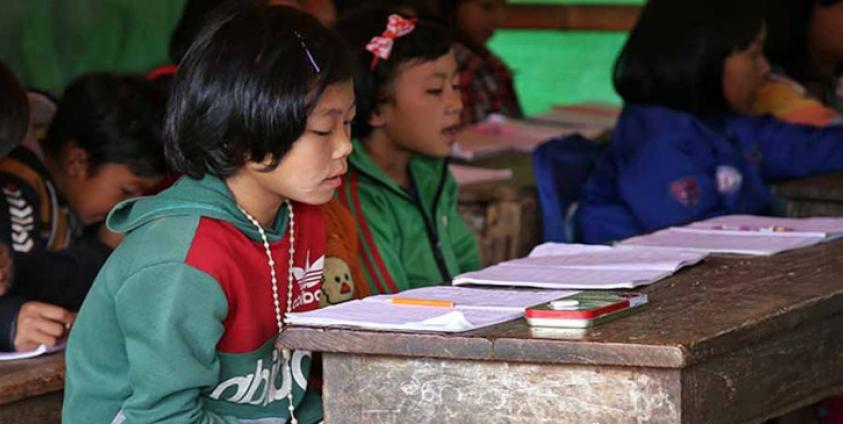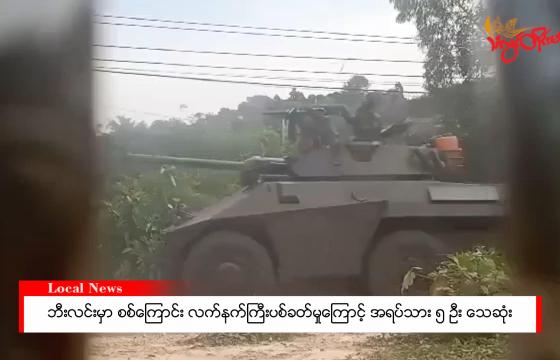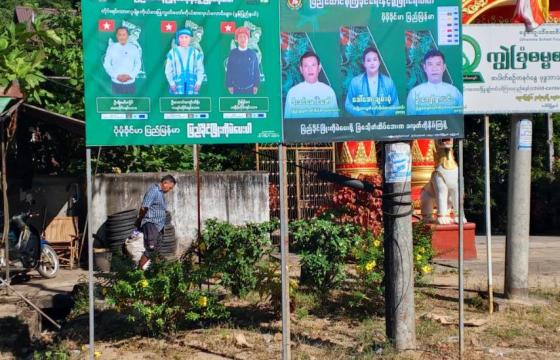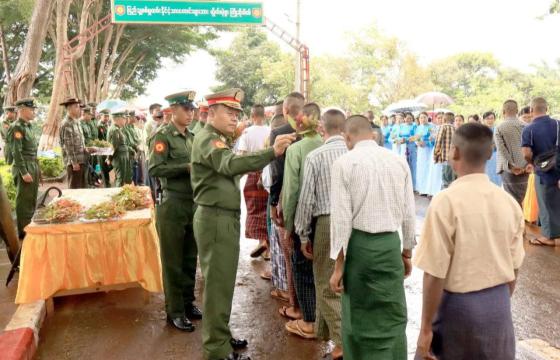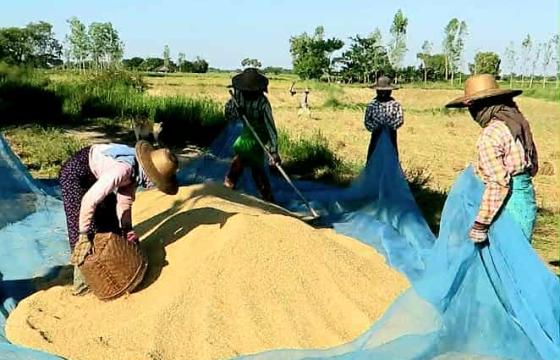More than 70% of children and youngsters in the war-torn Karenni state are studying in danger as a result of the military council's airstrikes and heavy weapon attacks, Karenni educational volunteers told Than Lwin Times.
Of the 95 percent of children who have access to education in Karenni State, 25 percent are studying in junta-controlled schools, while the remaining 70 percent are studying under the threat of the military regimes’ weapons.
Ko Tint, a member of the Young Gurus group, said that because the shells fired by the junta armed forces during the fighting exploded around the schools, they were concerned about the safety of the children.
"We need teaching aids for the school, and we can't reward the teachers. Schools were also hit by heavy weapons and airstrikes. We don't report the attacks because we worry that they'll shoot us in retaliation.”
The military leader, General Min Aung Hlaing, says that children need to have the right to education and that he will speed up efforts to raise qualified human resources, but his subordinate army is stationed in schools and disrupting education.
Self-reliant schools in Karenni State were forced to close for a week to a month when they were attacked by the coup military council.
In addition, the actions of the military council are affecting children's education and Myanmar is losing educated human resources, said Karenni State Consultative Council and Humanitarian Committee spokesperson U Banya.
Military council forces have also banned the sale of teaching aids to children studying in self-reliant schools in Karenni State.
According to Save the Children, UNESCO, and UNICEF in a joint statement, the impact on the personal development of children and youths, mental security, and future opportunities may be greater because more than 12 million children and youths in Myanmar do not have access to regular education.
According to Save the Children, occupation of school premises can have an impact on children's learning and safety, in addition to attacks on educational facilities and teaching staff.
Children studying in self-reliant schools in Karenni State are in need of teaching materials, accommodation, food, and health care, and they are having a hard time studying in the midst of military airstrikes and artillery fire.

